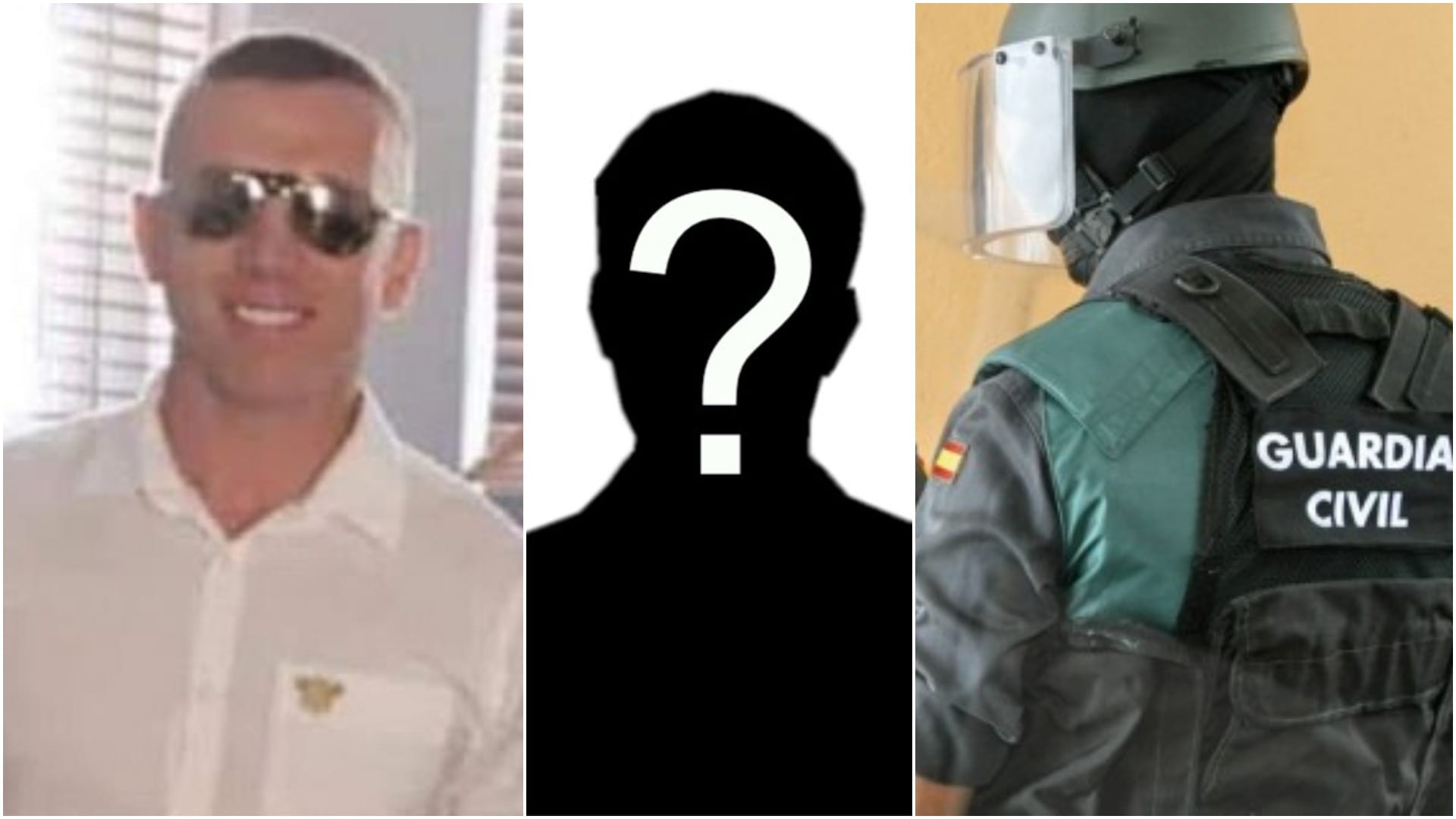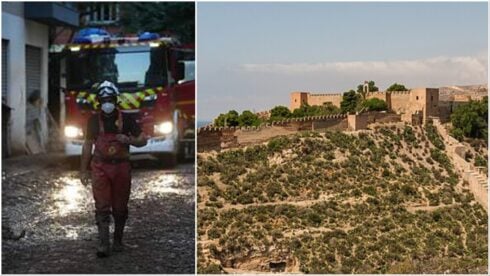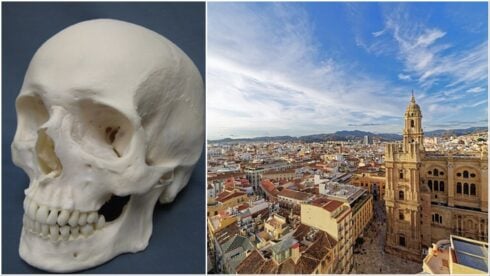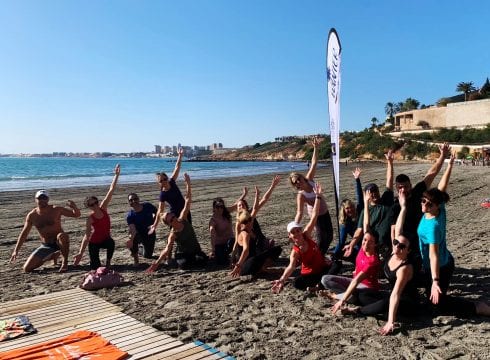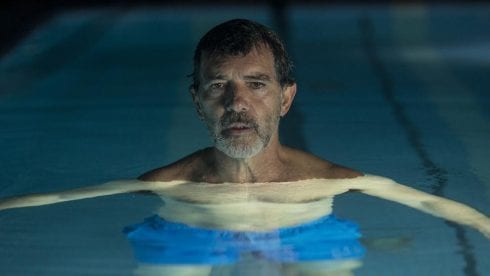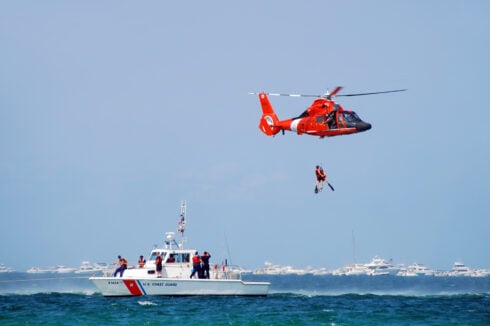HERE’S a question you don’t often ask yourself: how many murderers have I known in my lifetime?
The answer is – almost certainly – more than you imagine.
No matter how tranquil and law-abiding you are, you are likely to have come into contact with somebody who has committed a fatal crime and got away with it – by sheer luck, thanks to a cleverly faked accident, or whatever.
And, if you live on Spain’s Mediterranean coast, the odds you have been elbow to elbow with a most wanted criminal are even greater.
Not for nothing has the region been dubbed the ‘Costa del Crime’, a tag that originated in the early 1980s. Until then, the coast was mostly famed for the antics of international jetsetters, from Prince Alfonso Hohenlohe, founder of the Marbella Club hotel, and millionaire arms dealer Adnan Khashoggi to film star Stewart Granger and society hostess Gunilla Von Bismarck.
But then more sinister sun-seekers arrived: Underworld figures learned that there was no way they could be extradited from Spain to the UK following the collapse, in 1978, of a long-standing agreement between the two countries.
This extraordinary extradition loophole was not closed until 1985.
So Brits on the run began buying properties on the Costas in the late 1970s and early 80s, flaunting their ill-gotten gains and frequenting the top night spots. Hitmen, conmen and bank-robbers rubbed shoulders with aristocrats and bullfighters.
By night he inhabited a sleazy netherworld frequented by prostitutes and men with criminal records; a world of bleak, garishly-lit establishments with obliging hostesses which cropped up like mushrooms along the main highway
They were soon making second fortunes being conveniently close to the vast plantations of marijuana – which was getting increasingly fashionable – across the pond in Morocco.
In the early 1980s I filed a report to the Sunday Express (then a strong, respected newspaper) detailing a crime wave along the coast. The article was headlined ‘The Costa del Crime’ and the name stuck. A logo of a shifty guy in a black hat by a palm tree became almost seminal.
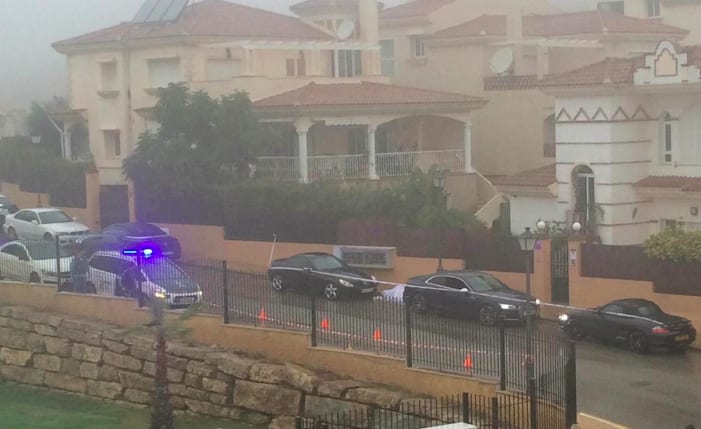
Although the report was totally factual the coast’s tourism bosses were furious, accusing me of sabotage. However, since then the number of shady individuals enjoying the good life in our midst has multiplied.
Among the more notorious residents was Ronnie Knight, once married to Carry On star Barbara Windsor. He was wanted for his part in the 1983 theft of £6 million from the Security Express headquarters in Shoreditch, east London.
I ran him to earth along with Sue Haylock, his girlfriend, in their luxury home in the hills behind Fuengirola, but they (not so politely) declined to be interviewed.
READ MORE:
- After two more gangland killings, Giles Brown calls for end to violence in Marbella and on Spain’s Costa del Sol
- REVEALED: Why mafia violence on Spain’s Costa del Sol is ‘worse than 10 years ago’ while Brexit ‘threatens fight against organised crime’ warn Spanish politician and true crime author
- REVEALED: Shocking timeline of violence on Spain’s Costa del Sol sees up to four Brits KILLED as emboldened drug mafias use bombs and assassinate enemies in broad daylight
When Ron and Sue married, in typically flashy style at a Costa restaurant, an army of expat crooks turned up in force, brazenly flaunting their wealth and contempt for the law.
But Ronnie’s cash dwindled and he and Sue ended up running a Fuengirola bar, attracting thrill-seeking British tourists.
Eventually Ronnie was forced to return to the UK to face the music.
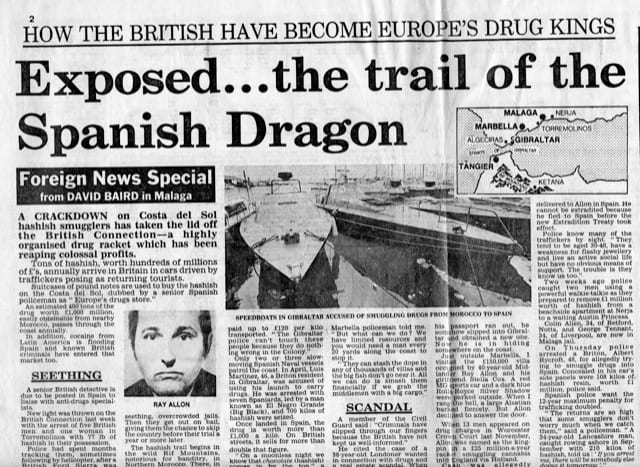
So too was Freddy Foreman, a fearsome hitman and friend of the notorious gangsters, the Kray brothers. He loved the Costa, remarking recently: “Sun and sangria and birds. I would still be there if I could!”
Meanwhile, along the coast in Almería, known as the home of spaghetti Westerns, another arch-criminal once ruled the roost. On the surface Juan Asensio Rodríguez, a chunky, balding businessman, was a pillar of society, controlling all 12 Almería cinemas.
But by night he inhabited a sleazy netherworld frequented by prostitutes and men with criminal records; a world of bleak, garishly-lit establishments with obliging hostesses which cropped up like mushrooms along the main highway. Many a ‘chorizo’ (petty criminal) had his bail paid by Asensio, who then put them on his payroll. They bore nicknames like Rambo and El Loco. And those who fell out with him suffered nasty – sometimes fatal – accidents.
Asensio’s estranged wife was killed outside Almeria’s Imperial Cinema. Apparently a corpulent man in a black leather jacket shot her several times, finishing her off on the ground. No witness could be found.
Joaquín Abad, editor of the Crónica, an Almería paper, campaigned against Asensio. He told me several attempts had been made on his life and then I understood why his office was protected by bullet-proof glass,
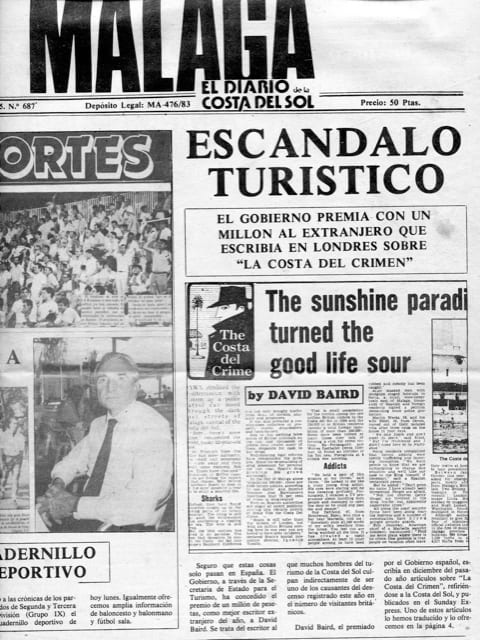
Almería’s astonishing period of lawlessness was ended when campaigning Judge Balthasar Garzón, scourge of drug-traffickers and organised crime, dispatched a squad of Civil Guards from Madrid to tackle him head on, deliberately not advising the local authorities.
Asensio was released after eight years in jail, but in 2004 he was executed gangland style, leaving his family to squabble over his €100 million fortune.
Another Costa execution occurred in 1990 when Charlie Wilson, a key player in 1963’s Great Train Robbery, discovered there is no hiding place when you fall out with fellow criminals.
He was sleeping with an axe and a machete under his pillow to fend off murderous rivals
A blond man on a yellow bicycle turned up outside his house near Marbella. He shot Wilson, who was preparing a barbecue to celebrate his marriage, and made his escape.
In 2008 Judge Garzón turned his attention to the Costa del Sol, launching Operación Troika, a huge operation against money-laundering mafia gangs along the coast.
Some 400 police made 30 simultaneous raids. Arrests were made in Almuñécar, Nerja, Frigiliana, Marbella, Estepona and San Pedro, with a further 10 detentions in other provinces.
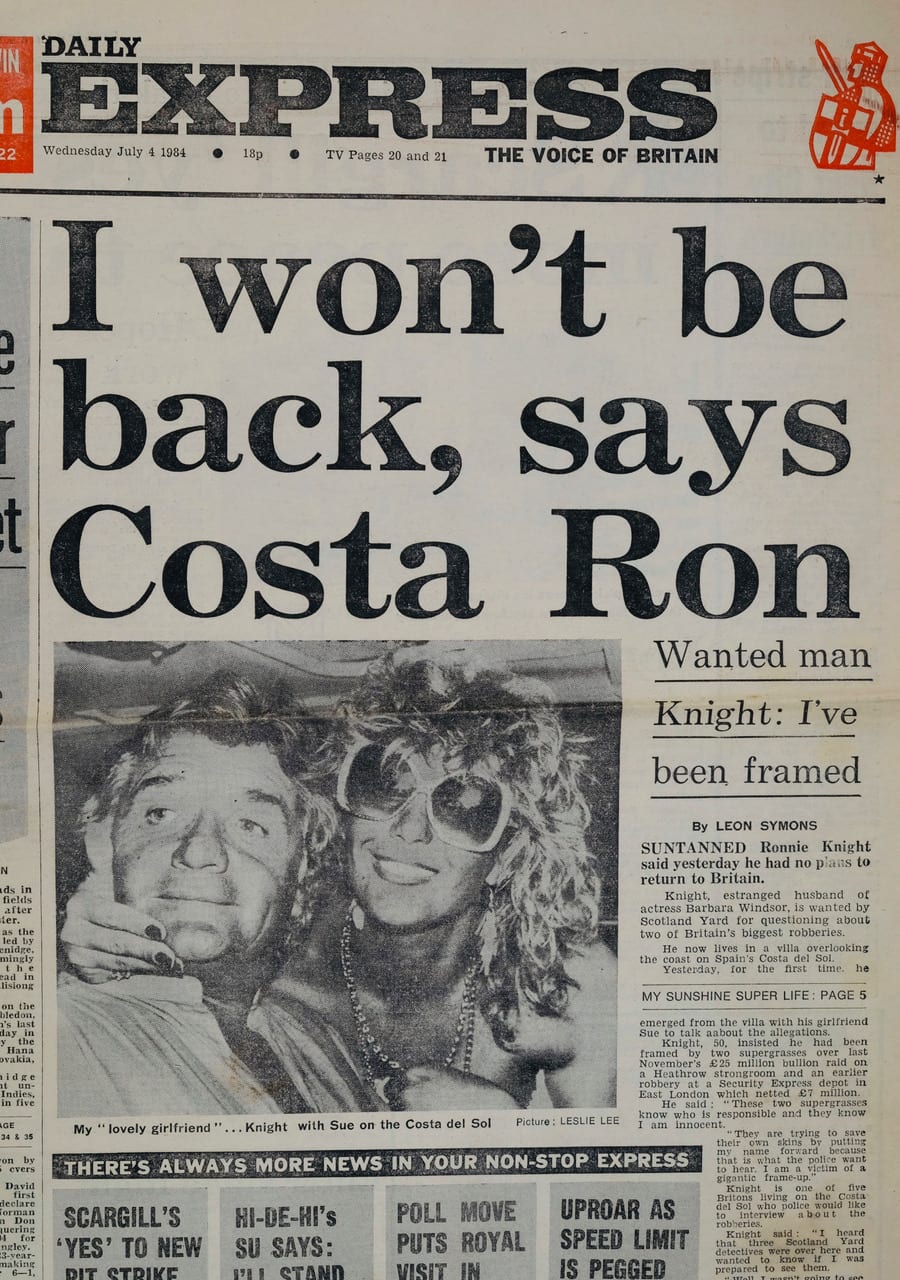
Near my village, police swooped on a luxury residence. The Russian owner kept a low profile, posing as a respectable expatriate. But his mansion did have some special features, such as unusually high walls and the presence of a security guard. One of my friend’s daughters was well-paid for looking after his children and taking them to school. Treated as one of the family, she even went to Moscow on holiday with them. An innocent abroad indeed.
Then, abruptly, the picture changed. The discreet neighbour proved to be Alexander Malyshev (left), a notorious gang leader, accused of several killings. He was arrested and taken to Madrid to await trial, along with his wife Olga and my acquaintance, the children’s maid.
It turned out that Malyshev had been jailed on at least three occasions in Russia on murder charges and illicit possession of arms. He led one of several competing mafia groups involved in heroin smuggling in St. Petersburg in the 1990s, when Vladimir Putin was deputy mayor.
After several attempts on his life Malyshev had sought a safe refuge and moved to Spain where (according to The Guardian) his group allegedly laundered more than US$62 million through real estate.
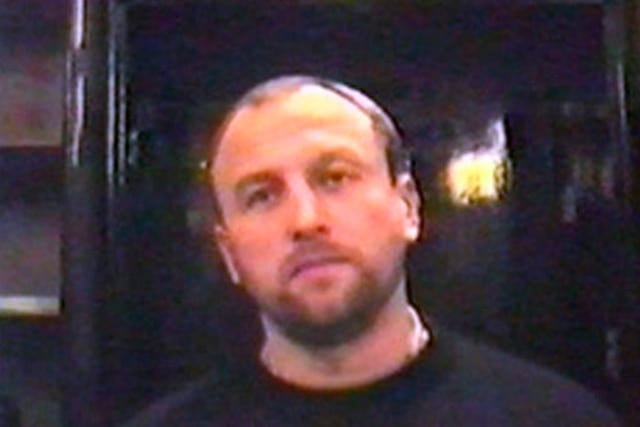
A huge investigation was launched but Operación Troika collapsed in October 2018, when no case could be proved against the 17 accused, consisting of seven Russians, five Spaniards, two Ukrainians, a German, an Estonian and a Lithuanian. By then Malyshev, surprisingly let out on bail, had fled Spain for Russia.
Disturbingly Judge Garzon, who brought many criminals, including Chile’s President Pinochet, to book, was banned from practising when his enemies in the judicial system organised his removal from office.
That’s good news for the international cohort of criminals who have moved to the Costa, and their arrival has not stopped. Most recently, Dutch and Irish gangsters have been settling accounts in public fashion as a warning to their enemies. These mobsters of various nationalities don’t have much faith in the Spanish authorities’ ability to protect them. When a leading Russian mafioso was arrested in Mijas in 2017, he was sleeping with an axe and a machete under his pillow to fend off murderous rivals.
Meanwhile, my one-time neighbour Alexander Malyshev is back in St. Petersburg with partner Olga, where with two sons they run several successful businesses. Local publications have noted: ‘The godfather of the 90s has returned’.
David Baird has been reporting from Spain since the 1970s. His books include Between Two Fires, an account of the guerrilla war in southern Spain in the 1940s and Sunny Side Up, how the 21st century hit an Andalusian village. Published by Maroma Press (www.maromapress.wordpress.com)
Click here to read more Crime & Law News from The Olive Press.

